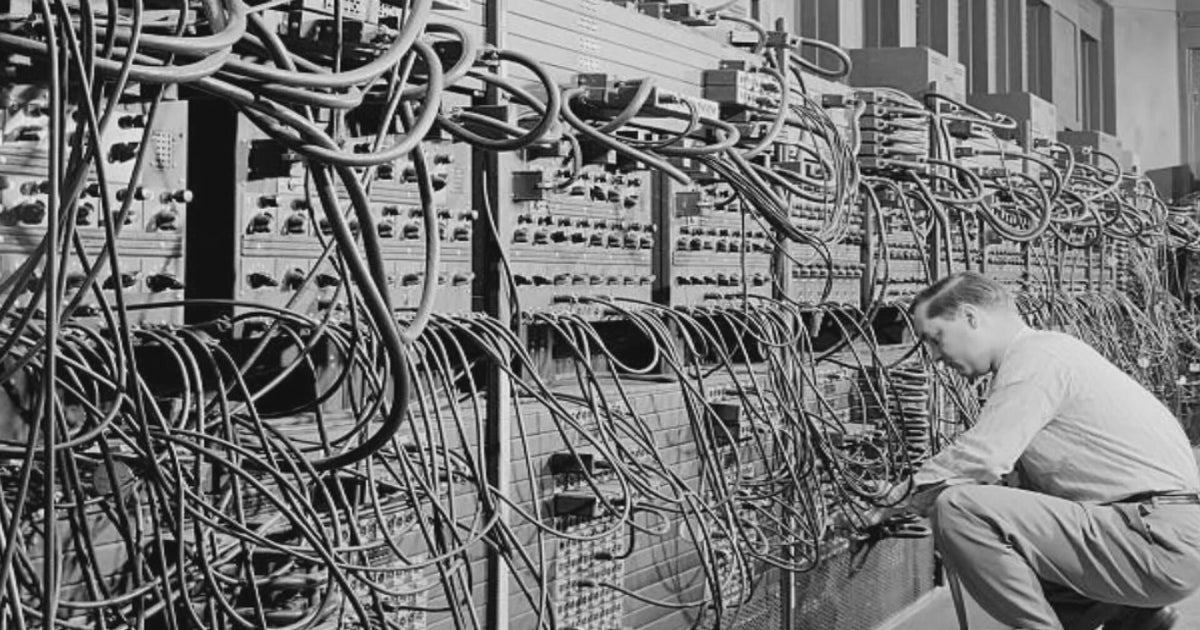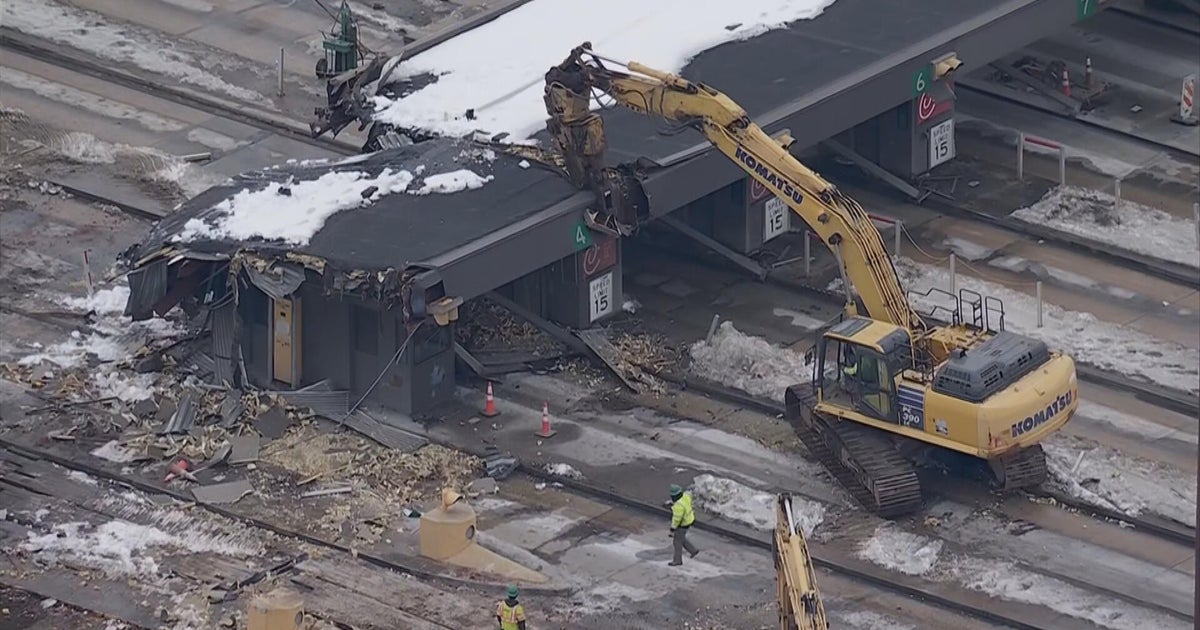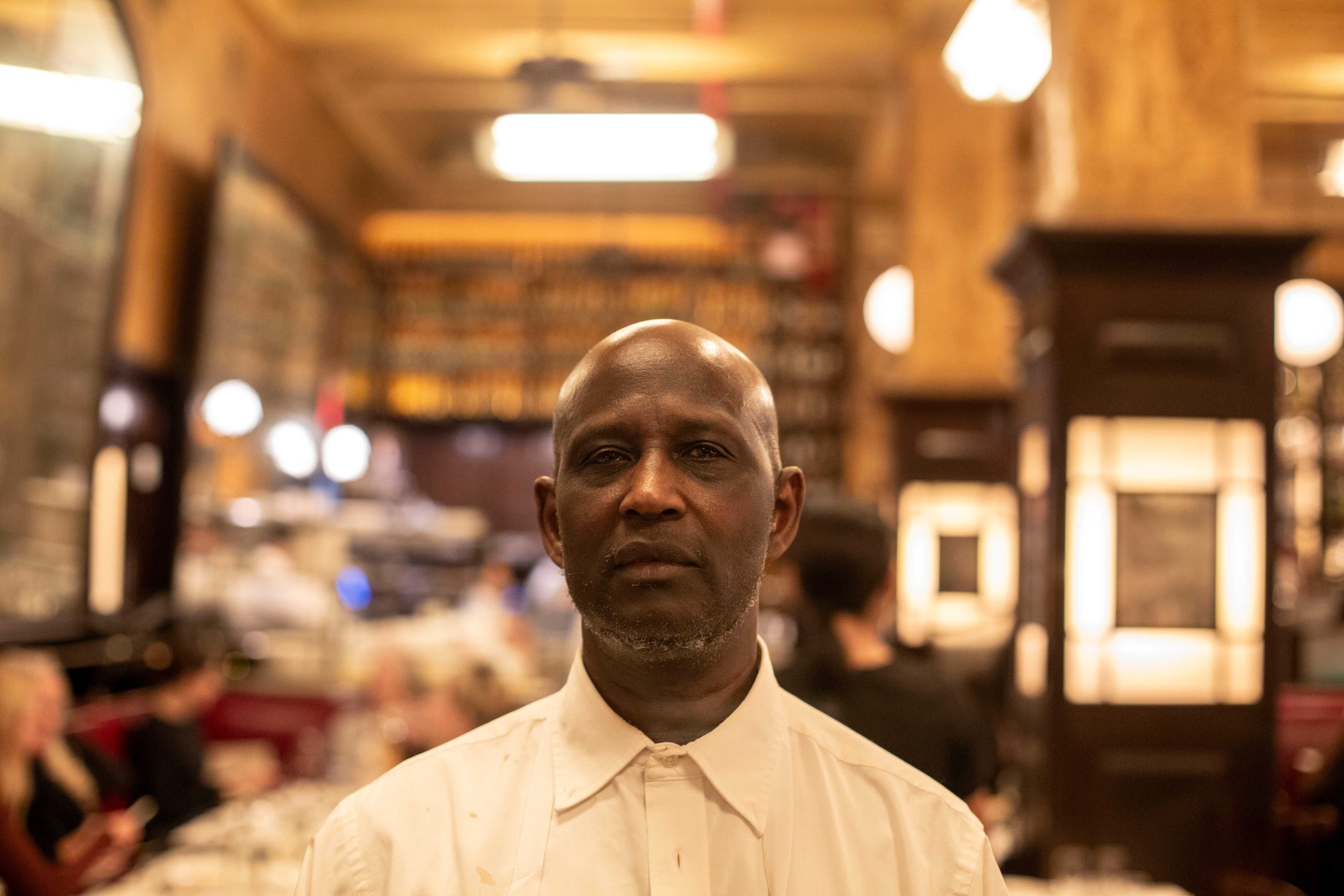What Allentown, Pennsylvania can teach us about the changing face of America
Gary Iacocca recalls his grandfather's hot dog shop in downtown Allentown, Pennsylvania consistently hosting non-stop crowds of people. That is, until what he described as a changing neighborhood forced
the family establishment to operate elsewhere.
"I will tell you, the original Yocco's was open at 6 a.m. in the morning and we closed at 1:30 at night and we were busy all day," Iacocca told "CBS Mornings" co-host Tony Dokoupil. "Well, this was a blue-collar town. Third shifts, they would get off, they'd come down to Yocco's, they'd get a couple hot dogs, drink a beer and go home."
Iacocca says that as other restaurants of different cultural cuisines opened up in the area things "became a little more competitive" and the original Yocco's the Hot Dog King closed after more than 80 years,
although other locations still exist in the area.
Friend of Iacocca Ed Frack says he remembers growing up in a different Allentown too; one where there was "just a different kind of culture." "People talked," he said. "People said hello, shook your hand and now it's, you know, a little bit different."
Part of what's different in Allentown is its racial makeup. In the 1970s U.S. Census count, the city's population was 97% White, but by 2020 the share of hon-Hispanic White residents had plunged to 31%.
The city is among many throughout the nation with changing demographics. Census data shows that the number of White Americans decreased over the last decade across 35 states and within 3 out of 4 counties. And according to projections from the U.S. Census, America is forecast to no longer have a White majority population by 2044.
Both Iacocca and Frack say they welcome the new residents and point out they are no different than the Germans and Italians who came in earlier generations. However, Frack says there are White people in Allentown currently who believe the city's problems are connected to the increase of non-White residents who have moved in.
"Those people are out here," he said.
Surveys from the University of Chicago found similar thinking to have been consistent among people likely to be part of what researchers called the "insurrectionist movement."
In three separate studies with different methodologies, the belief that the rights of minorities will overtake that of whites, an unfounded conspiracy theory known as the "Great Replacement," was one primary driver for "insurrectionists," researchers found.
Statistical analysis showed that for every 1% decline in the non-Hispanic White population, a county was more than six times more likely to send at least one "insurrectionist."
Another study found those believing that the rights of Hispanic and Black people are overtaking white people increases the odds of being in the "insurrectionist movement" threefold. The third study found that those with the fear that Hispanic and Black people will have more rights than White people increases the chances of being in the movement twofold.
"People feel like something is being snatched from them sometimes," journalist and Race Card Project founder Michele Norris told Dokoupil. "And the irony is, for many of the immigrant families that came there, people were saying the same thing about them when they arrived."
Allentown resident Emely Minaya, who came from the Dominican Republic as a child, says she thinks Allentown is an example of the future of America when it comes to diversifying communities.
"Even those states where there's probably no Hispanics at all, no Black people, they will be seeing a lot of that in next few years," she said.
Asked what she would say to those who may be troubled by that potential demographic shift, she says to "suck it up." "It's going to happen," she said. "That's it."
But Norris says those shifting demographics aren't necessarily ahead. "The country is changing. And in some ways, people are afraid of change that has already arrived," said Norris. "It's already here."
It may not be an easy adjustment for many people, or for the country, she warned.
"Put your seatbelt on," Norris said. "It's going to be a very, very, very bumpy ride."



